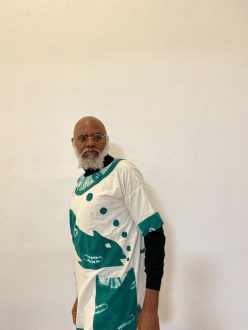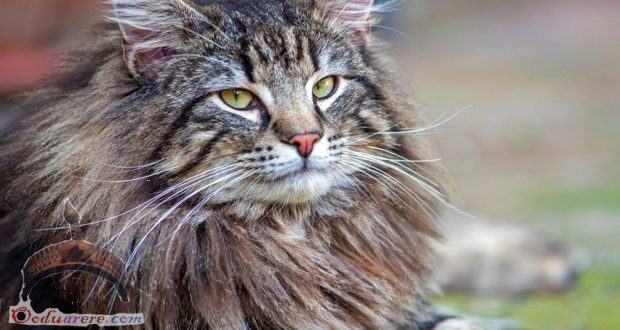I laff so-stay las’ night my head fall common my neck.
And I’m not making up this story.
My Chinese friend called me and said her friend, Tunde, who lives in Canada, wanted me to tell her the meaning of “Cat” in Yoruba.
“Why didn’t Tunde just tell you what ‘cat’ means in Yoruba himself?” I asked surprised.
“He did,” said my Chinese friend. “But when I repeated what he said, he started laughing. I never saw him laugh so hard. And when I asked what was so funny, he said I should call another Yoruba person and ask them the meaning of ‘cat’ in Yoruba.
“Oh, that’s easy,” I said. “Cat means ‘Ológbò’ in Yoruba. The problem is Yoruba is a tonal language. You must get the tones perfect otherwise you would commit an error.”
“I’m pretty good with repeating what I hear,” my Chinese friend replied. “You just said ‘Olóbò,” not so?”
“No, I didn’t say ‘Olóbò!’” I quickly remonstrated. “I said ‘Ológbò’ and not ‘Olóbò!’”
“Yes,” my Chinese friend says. “We are saying the same thing. ‘Olóbò.”
“Oh, no,” I protested. “We are NOT saying the same thing, my friend. I said Ológbò, not Olóbò.”
“Yes, Olóbò. I pretty much got the tones right!” she said in frustration.
“No!” I said, beginning to laugh. “The consonant is ‘GB’ not ‘b’ in Ológbò.”
“You are saying ‘b’ twice. Olóbò.”
Oh, my wonderful Olodumare! Why give us the sound ‘GB’ that nobody else but us could hear properly, talk less of reproducing?
“My friend,” I said finally. “Now I know why Tunde was laughing and asked you to call me.”
Does any Yoruba speaker know what was funny?

Yesterday I found this appliqué shirt in my closet.
I designed it in 1982 and my friend Gbemi made it with hand-stitching, using needle and thread.
Prof. Moyo Okediji
 Ọmọ Oòduà Naija Gist | News From Nigeria | Entertainment gist Nigeria|Networking|News.. Visit for Nigeria breaking news , Nigerian Movies , Naija music , Jobs In Nigeria , Naija News , Nollywood, Gist and more
Ọmọ Oòduà Naija Gist | News From Nigeria | Entertainment gist Nigeria|Networking|News.. Visit for Nigeria breaking news , Nigerian Movies , Naija music , Jobs In Nigeria , Naija News , Nollywood, Gist and more









